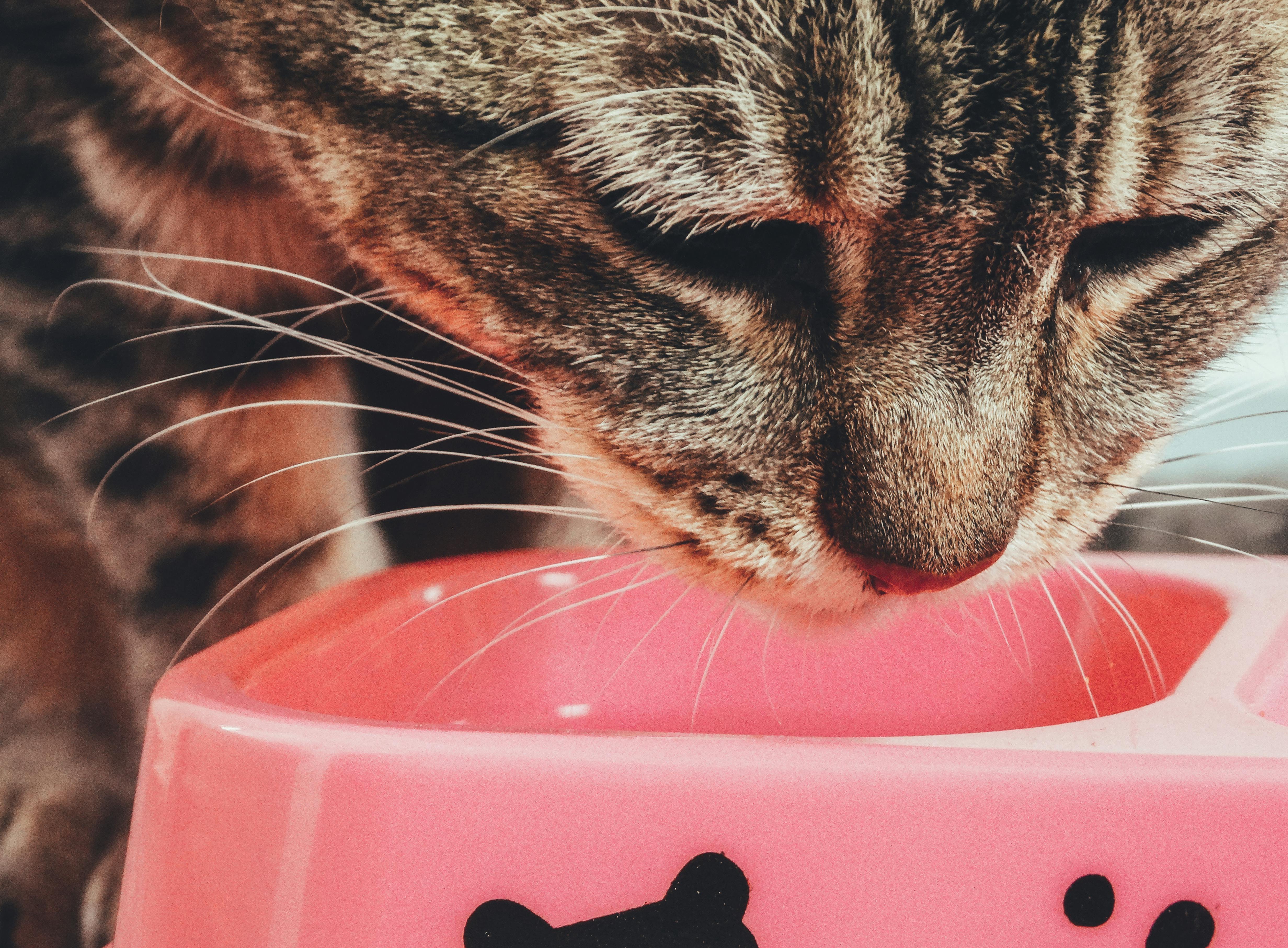 |
| Image Source: Pexels |
Feeding our feline friends is a joyous responsibility, and ensuring they get the right amount of food is crucial for their health and happiness. Just like us, cats have unique dietary needs, and getting the portions just right can be a bit of a balancing act. But fear not, dear cat lovers! We're here to guide you through the whiskerlicious wisdom of proper feeding portions for your purrfect pals.
The Basics of Cat Nutrition: Before we dive into portion sizes, let's brush up on some feline nutrition basics. Cats are obligate carnivores, meaning their diet primarily consists of animal-based protein. They require essential amino acids, like taurine, found only in animal tissues. So, a balanced diet with high-quality protein sources is key to keeping your whiskered friend happy and healthy.
Individualized Approach: Just like each cat has a unique personality, their dietary needs can also vary. Factors like age, size, activity level, and overall health play a significant role in determining the appropriate feeding portions. Kittens, active young cats, and pregnant or nursing cats may require more calories, while senior cats or those with certain health conditions may need a more specialized diet.
Recommendation: We currently feed our cats Purina ONE Sensitive Stomach and it has been working well for us if you're in the market for a good food for your cats.
Read the Labels: When choosing cat food, always read the labels and opt for high-quality, vet-approved brands. Look for a statement from the Association of American Feed Control Officials (AAFCO) indicating the food is "complete and balanced" for your cat's life stage. This ensures they receive all the essential nutrients they need.
The Rule of Thumb: A common guideline for portion sizes is to feed an average adult cat about 24 to 35 calories per pound of body weight per day. So, if your cat weighs 10 pounds, they would need approximately 240 to 350 calories daily. Remember, this is a rough estimate, and consulting your veterinarian is essential for personalized recommendations.
Splitting Meals: Many cats prefer to eat smaller, more frequent meals throughout the day. If your schedule allows, consider splitting their daily portion into two or three servings. This can help prevent overeating and maintain a healthy weight.
Monitor Body Condition: Keeping an eye on your cat's body condition is crucial. You should be able to feel their ribs beneath a thin layer of fat, without them being too prominent or obscured. If you're unsure about your cat's ideal weight or body condition, consult your vet for guidance.
Treats in Moderation: Treats are a fantastic way to show love to our furry companions, but they should be given in moderation. Treats can quickly add extra calories to your cat's diet, leading to weight gain. Opt for healthy, low-calorie treats and limit them to a few times a day.
Weight Management: If your cat needs to lose or gain weight, work with your veterinarian to develop a proper weight management plan. Sudden changes in diet can be harmful, so a gradual approach is best.
Remember, proper feeding portions are a crucial aspect of responsible pet ownership. A well-fed and nourished cat is a happy and healthy one, ready to explore the world with whiskerlicious enthusiasm!
Consulting with your veterinarian is the best way to determine the specific feeding portions that suit your cat's individual needs. Together, we can ensure our feline friends enjoy a lifetime of good health and abundant purrs!
@nolacrazycatlady #stitch with @africaqueenzz #cats #catfood #catlife #daisy ♬ original sound - BecauseCats🐈⬛️🐾








0 Comments